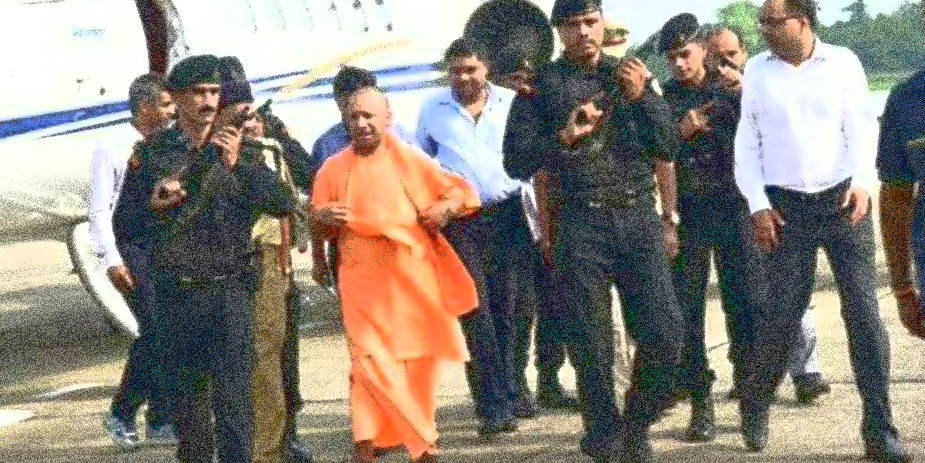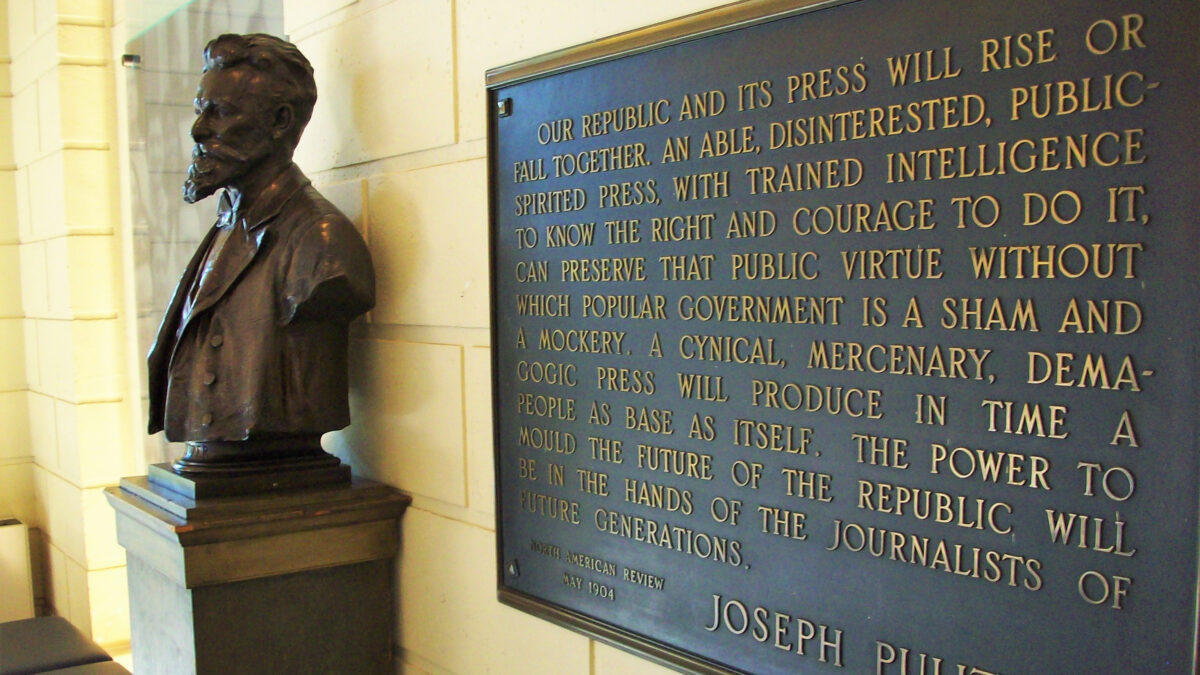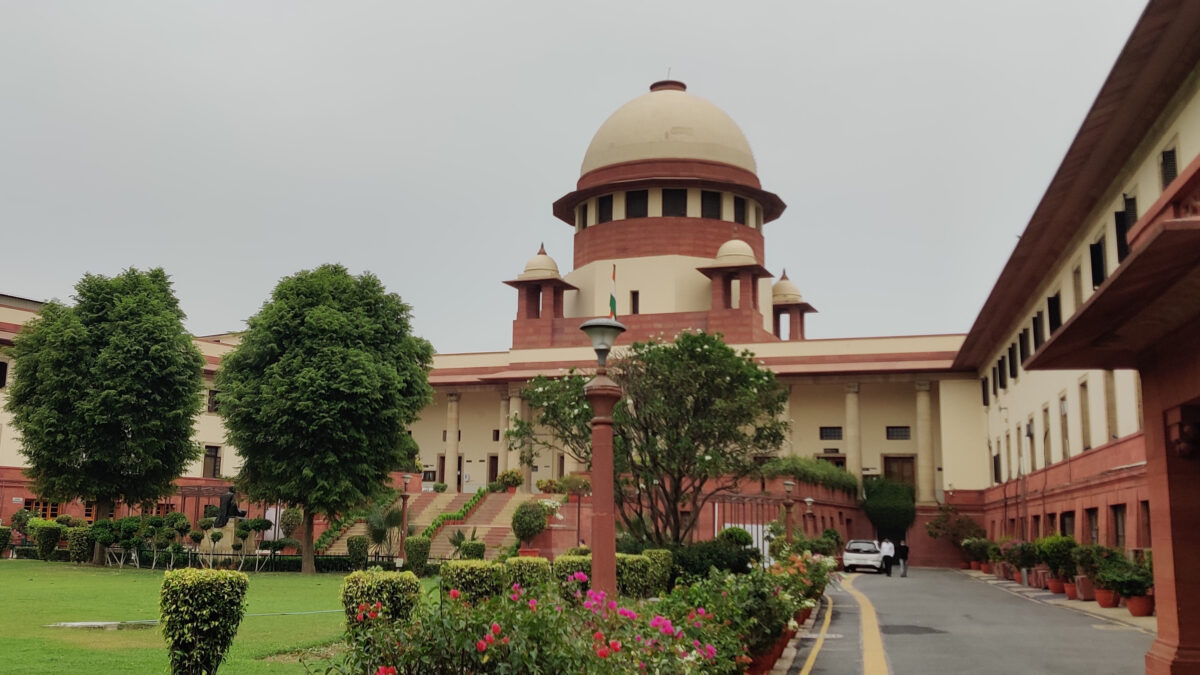Text of a presentation for a panel, “Global Networks of Religion and Politics: Media and Communication Scholarships of Religious Nationalism”, at the International Communication Association Annual Conference, Paris, May 30, 2022. Downloadable from SSRN.
When investigating religion-politics interactions, we are venturing onto unsettled conceptual ground. I’d like to discuss this lack of clarity at the analytical and normative levels.
The stakes are high. Religious nationalism has gripped several countries, including what used to be called the world’s largest democracy but is now more accurately termed the world’s largest electoral autocracy. India represents probably the world’s most dramatic transformation from a republic built on a secular constitution to an ethnonationalist polity ruled by Hindu supremacists. Its shift from the rule of law to the rule of religious identity involves an epic nation-rebuilding mega-project to rewrite thousands of years of the subcontinent’s history and disenfranchise 200 million Muslims, not necessarily by rewriting the constitution but by routing around it.
For a deep dive I recommend Christophe Jaffrelot’s 2021 book, Modi’s India: Hindu Nationalism and the Rise of Ethnic Democracy.[1] Jaffrelot argues that although India’s secular constitution remains intact, the Hindu nationalist movement has succeeded in bypassing it, harnessing vigilantes and militias to form a “de facto Hindu Rashtra”, a political structure based on culture, practice, and para-state regulations rather than legal-rational foundations.
I start with India because, with due respect to the Christian Right in America and those who study it, it’s important to remember that the most evolved and extreme manifestations of religious nationalism occur outside of western liberal democracies. This presents a mental block. If we fail to come to grips with this phenomenon it is not only because religion is relatively understudied but also because the Global South is neglected and misunderstood. I’m not referring here to scholars who specialise in religion and media and or religion and politics, but others who occasionally have to make sense of the role of religion in the Global South. It can be hard for them to shake off the colonial and orientalist tendency to essentialise these exotic lands.
Thus, they tend to treat religion as a complete explanation for human behaviour, in a way that they probably wouldn’t when studying the Evangelical movement in America for example. When studying Religious Right, few analysts would make the mistake of positing explanations that are reducible to their Christian faith. In contrast, they seem relatively content with monocausal explanations of, for example, Muslim rage, as if non-white religious communities are less complex organisms.
In my own work, I point out how religious censorship and intolerance is often described as having been “sparked” or “triggered” by provocative expression, as if religious offence is a spontaneous, inevitable chemical or mechanical reaction.[2] Such theories, in addition to being unsupported by the empirical evidence, are conceptually problematic. First, they essentialise religious communities as devoid of internal diversity, and incapable of reason. This tendency to treat religious forces as primordial dates back to colonial times when Europeans found it useful to mysticise social life in their colonies as part of the grander ideological project of treating subject populations as deficient in rationality and civilisation.[3]
Second, theories about religion as cause fail to acknowledge that every religion is multivocal and open to distinct interpretations. Sociologists of religion tell us that no matter how deep we dive into theology, religious texts are always open to interpretation. Even the term “fundamentalist” should be contentious, since it confuses rigidity with fidelity.[4] It is possible for a very devout follower and close reader of religious texts to be open and inclusive and tolerant of other faiths.
Analytical precision requires attention to context
All in all, the habit of simplistically attributing social outcomes to the power of religion results in bad social science. It overlooks the deliberate, decisive choices made by religious leaders and political actors. The analytical and policy challenge is to understand why certain interpretations of religious texts are compelling to some leaders and followers at certain times in certain places. The answer is never internal to religion, but always to be found in the wider socio-political context.
Going beyond studies of religion, support for this contextual mode of analysis can be found in, for example, Ann Swidler’s theory of how culture influences action. Culture’s main influence on action isn’t in the form of “supplying ultimate ends or values toward which action is directed” — an assumption that exaggerates the causal impact of values, in this case religious values, to account for continuities of action, and differences between groups. Swidler posits that culture is influential as “a ‘tool kit’ of symbols, stories, rituals, and world-views” which people never adopt wholesale but “use in varying configurations to solve different kinds of problems”.[5] This aligns with the approach of William Gamson and other scholars of contentious politics, which I’ve found the most useful perspective in understanding the methods of religious nationalists.[6]
This is a key point in the latest report of the UN special rapporteur on freedom of religion and belief, Ahmed Shaheed, to the Human Rights Council. He argues that while many “crises and conflicts have a religious dimension” we should resist “narratives that overestimate the relationship between religion and conflict and fail to recognize the multiplicity of factors (political, social and economic) that contribute towards violence and insecurity”.[7]
As analysts it is hard to escape “religionising” conflicts (the term Ahmed Shaheed uses) because actors on both sides may have a vested interest in attributing actions and beliefs to religion. The religious nationalists themselves hope to harness the mobilising power of religious identity by presenting themselves as sincerely moved by authentic religious conviction. In some cases, this illusion is also cultivated by their strongest opponents from outside the faith group. These ideological enemies may want to taint the religion by exaggerating the clout of religious extremists and downplaying the religious community’s internal diversity. Islamophobia merchants, for example, claim that jihadist terrorists are the “true” face of Islam.
So, my first suggestion to those who may be unfamiliar with dealing with religion is to be judicious about your analytical framework. Even if some political actors claim to be totally guided by their faith, you shouldn’t treat them as such. Take them seriously, but not literally.
Normative frameworks: when does religion threaten democracy?
In addition to a lack of analytical precision, I think that discussions about religion and politics also suffer from a lack of normative clarity. Compare this with scholarship in journalism studies or political communication. Yes, there are different schools of thought, based on different theories of democracy, defining core concepts like press freedom or political participation in slightly different ways — but these tend to be nothing more than differences of emphasis.
In contrast, while there is a vague sense that religious authority is incompatible with the exercise of reason in public life, even liberal democracies — let alone the wider world — have radically different conceptions of what it means to be a “secular” democracy. Do religious justifications have any place in policymaking? To what extent should religious authorities have a public role? How compatible is secularism with having an official religion? On these and other questions, democracies have arrived at quite different resolutions. The divergence between French laïcité and American civic nationalism, for example, is much greater than the two countries’ differences in press philosophy. As for other European democracies, several have an established church, which would violate the American First Amendment.
So if many liberal democracies have never totally separated religion from politics or from their national identity, when is religious nationalism a problem? What do we make of strong electoral support, in reasonably free and fair elections, for religious parties with an explicit agenda to align state policy with religious identity and doctrine? We need some normative clarity if we are to engage deeply with questions concerning religion and democracy in both research and policy.
My own touchstone is international human rights norms, and my go-to framework for thinking through the relationship about religion and politics is political scientist Alfred Stepan’s concept of “the twin tolerations”, which refers to a reciprocal respect between church and state.[8] Elected governments and other democratic institutions require a certain freedom from religious groups. At the same time, religious individuals and groups — like all groups in civil society — must have democratic freedom from state power, not only to worship in private but also to advance their values publicly within the rules of the democratic game.
That toleration must extend to religious minorities and not just the majority faith. In line with human rights norms, as well as liberal democratic theory, the popular will must be balanced with equal rights for minorities. When voters opt for majoritarian parties and policies — whether it’s Muslims in Pakistan, Hindus in India, Buddhists in Myanmar or Jews in Israel — a system designed to uphold the twin tolerations should push back and protect minority rights.
It turns out that a wide range of constitutional arrangements could more or less satisfy the benchmark of the twin tolerations. Contrary to the view that religion should be taken off the agenda, a key political debate in democracies has always been about the place of religions, settled through political bargaining. This perspective is in sync with the historical record. The origins of the US First Amendment, for example, cannot be understood without reference to the political bargaining among religious groups and men of faith. It’s not mere coincidence that the American founding fathers dealt with free speech, free assembly and freedom of religion in a single amendment.
The twin tolerations perspective, unlike the French laïcité, is not allergic to religion. This has normative merits that today’s secular academics tend to overlook. Compared with our fellow citizens, we, as scholars in the humanities and social sciences, tend to lean toward humanism and away from religion, and I think we need to be more self-reflexive about how this may colour our perceptions about religion in politics. We tend to cringe at overt religiosity. (I myself get quizzical and even disbelieving looks when I I refuse a drink at academic socials and when I explain that it’s for religious reasons).
Our normative frameworks need to leave the door open to religion as a force for good, which at its best — think Desmond Tutu in South Africa — has fueled movements for human rights and social justice. Legal scholar Vincent Depaigne argues that the withdrawal of religion as a source of legitimacy has led to procedural, legalistic notions of rights that have failed to inspire conviction.[9] This legitimacy gap can be filled in part by religion, or to be more precise, by the selective use of compatible toolkits provided by religions.
We can think of the twin tolerations’ approach to secularism not solely as a firewall protecting state from the hacker attacks of the church, but as a protocol allowing their interoperability. Strong antivirus protections are essential of course. The twin tolerations framework says that these filters should be triggered against religious nationalism to the extent religious institutions claim some sort of trump card in political negotiations, based on a privileged position, and excludes and discriminates against others.
A clear normative framework, like provided by the twin tolerations, helps us distinguish between two different dimensions: religious devotion and religious division. Yes, visible piety tends to correlate with intolerance and hate. But there is no necessary link. One can be fundamentalist in one’s religious beliefs and private conduct and at the same time fully committed to an inclusive, non-discriminatory politics. Conversely, many agents of religious hate — from 9/11 terrorists to Donald Trump — are manifestly not steeped in the religions they claim to represent.
We should correct for liberal biases that go in the other direction, when we are too eager to relativise and thus tolerate the intolerable — like when our woke conscience tells us we should not impose “western” standards on other cultures. Such normative indifference causes us to under-react to or attempt to justify wholly unacceptable manifestations of religious nationalism in the Global South. No, what’s going on in India today is not just India being India, an ancient civilisation returning to authentic roots. Whatever analytical and normative frameworks we choose when studying religious nationalism must be able to demystify such developments and register the fact of millions of minorities’ equal rights being systematically violated.
Main image: Uttar Pradesh Chief Minister Yogi Adityanath and his entourage, by Abhi Abhivav Sinha.
[1]. Jaffrelot, Christophe. Modi’s India: Hindu Nationalism and the Rise of Ethnic Democracy. Modi’s India. Princeton University Press, 2021. https://doi.org/10.1515/9780691223094.
[2]. George, Cherian. Hate Spin: The Manufacture of Religious Offense and Its Threat to Democracy. Boston, Mass: MIT Press, 2016.
[3]. Said, E.W. Orientalism. New York: Vintage, 1979.
[4]. Haynes, Jeffrey. ‘Religious Fundamentalisms’. In Routledge Handbook of Religion and Politics, edited by Jeffrey Haynes, 159–73. Abingdon, Oxford: Routledge, 2009.
[5]. Swidler, A. ‘Culture in Action: Symbols and Strategies’. American Sociological Review 51, no. 2 (1986): 273–86.
[6]. Gamson, William A. ‘Injustice Frames’. In The Wiley-Blackwell Encyclopedia of Social and Political Movements, edited by David A. Snow, Donatella Della Porta, Bert Klandermans, and Doug McAdam, 607–8. Oxford, UK: Blackwell Publishing Ltd, 2013. http://doi.wiley.com/10.1002/9780470674871.wbespm110; Olesen, Thomas. Global Injustice Symbols and Social Movements. New York, N. Y.: Palgrave Macmillan, 2015.
[7]. Shaheed, Ahmed. ‘Rights of Persons Belonging to Religious or Belief Minorities in Situations of Conflict or Insecurity — Report of the Special Rapporteur on Freedom of Religion or Belief’. Advance Unedited Version. United Nations Human Rights Council, 2 March 2022. https://www.ohchr.org/en/documents/thematic-reports/ahrc4944-rights-persons-belonging-religious-or-belief-minorities
[8]. Stepan, Alfred. ‘Religion, Democracy, and the “Twin Tolerations”’. Journal of Democracy 11, no. 4 (2000): 37–57.
[9]. Depaigne, Vincent. Legitimacy Gap: Secularism, Religion, and Culture in Comparative Constitutional Law. Oxford University Press, 2017.



